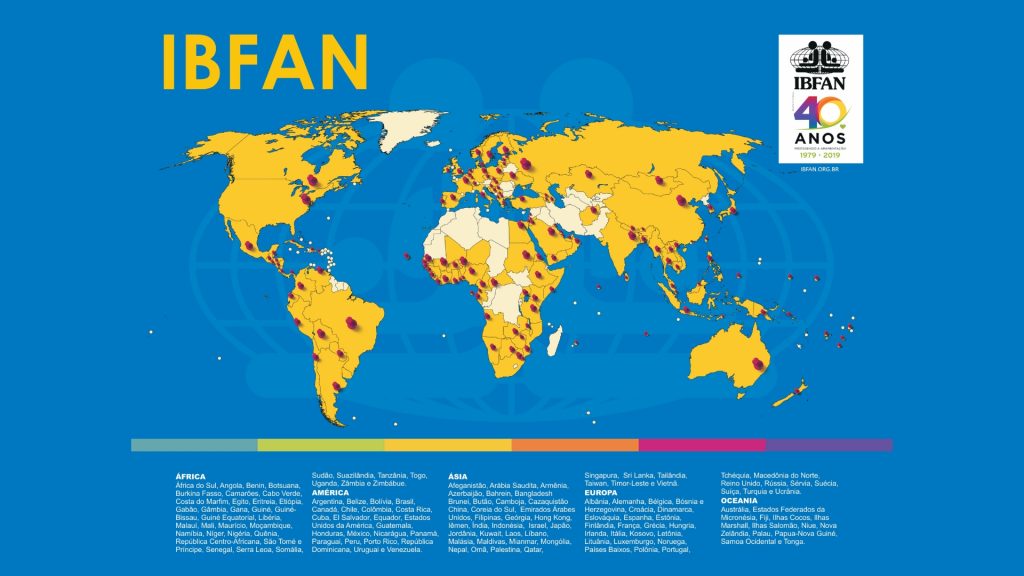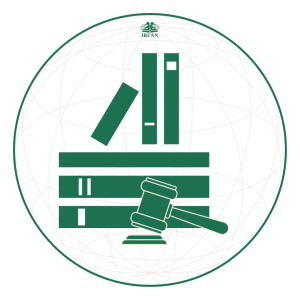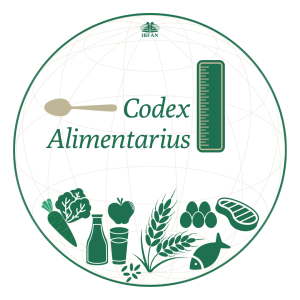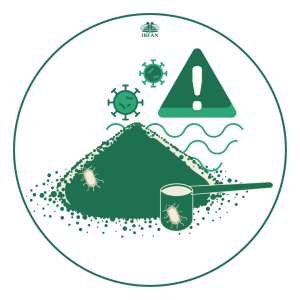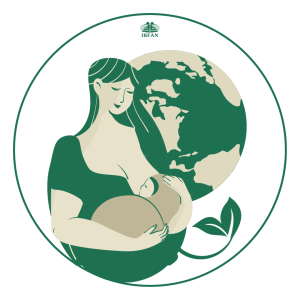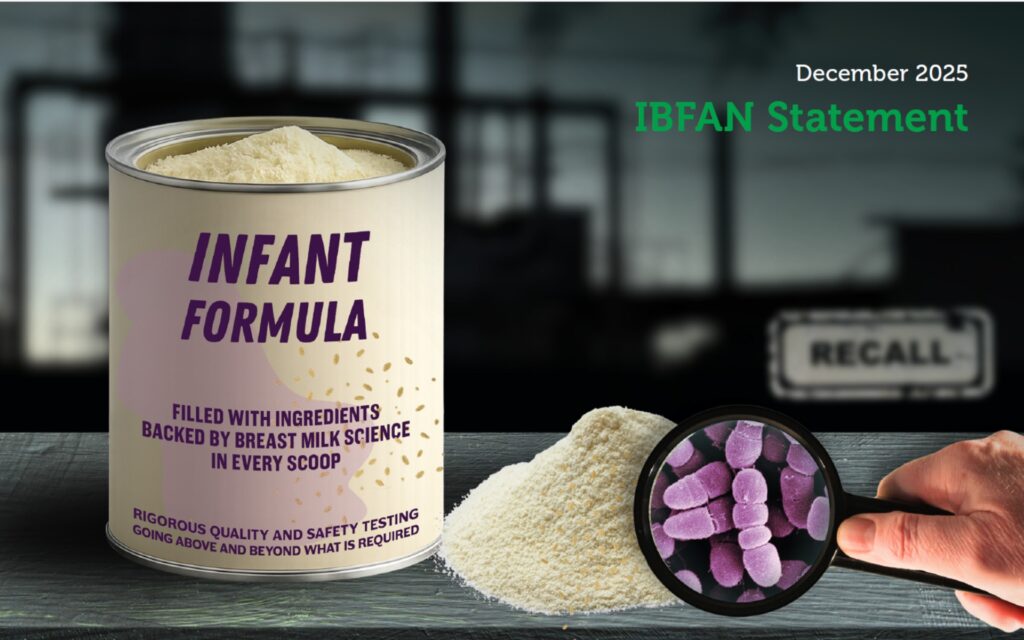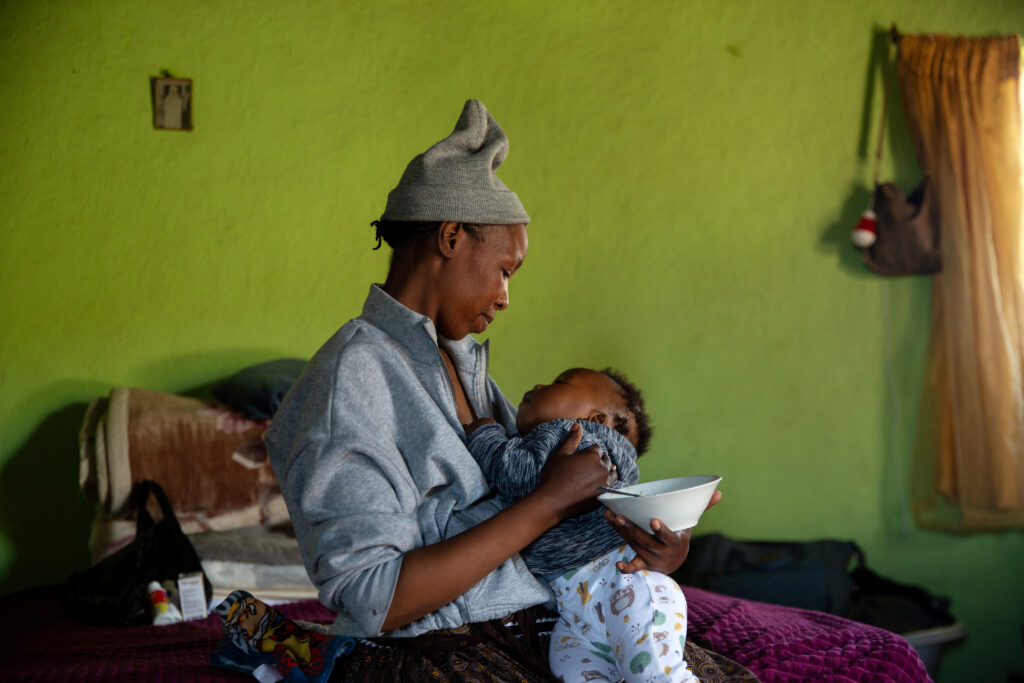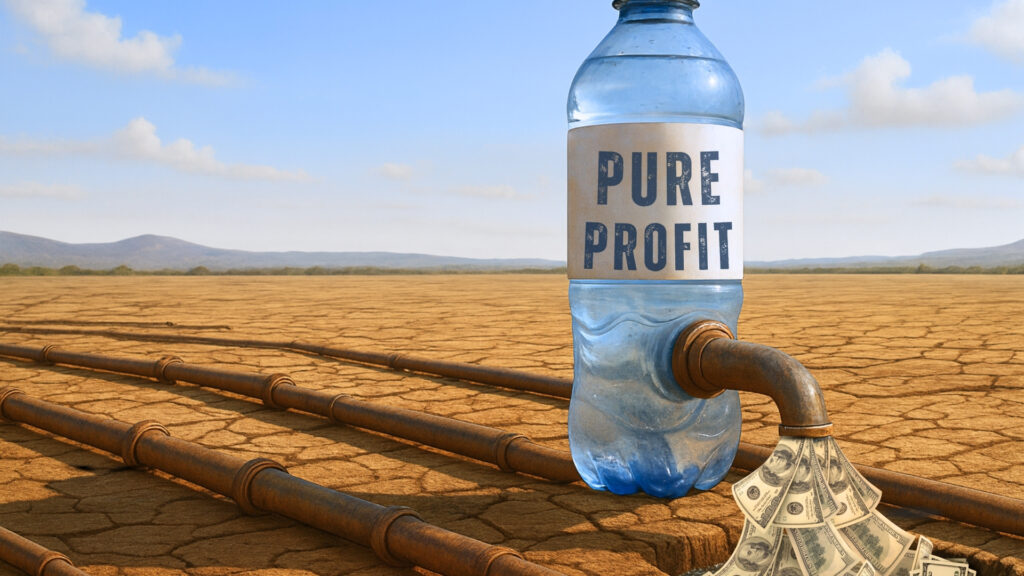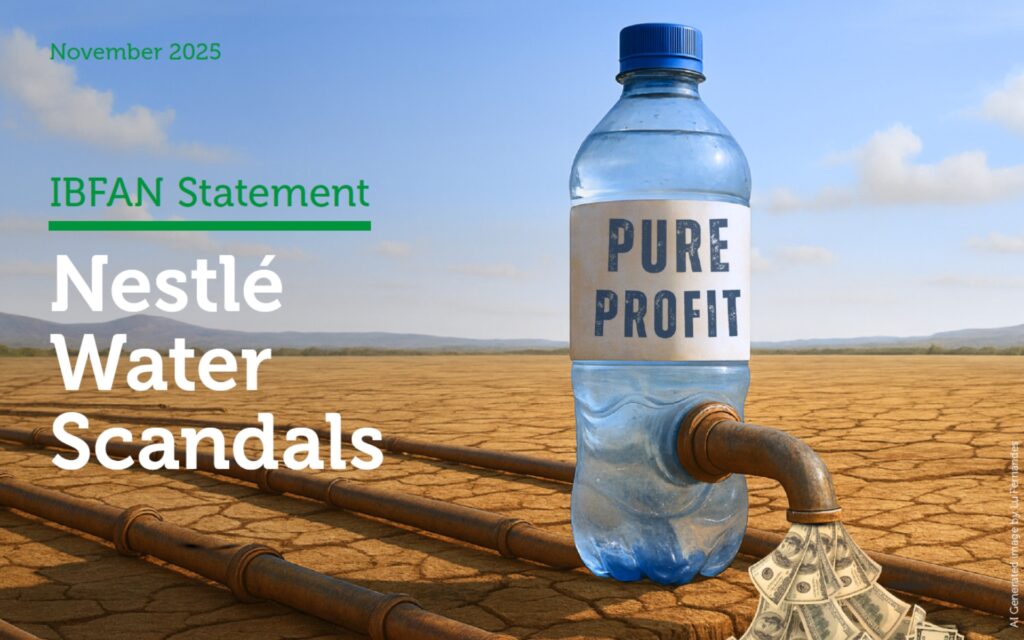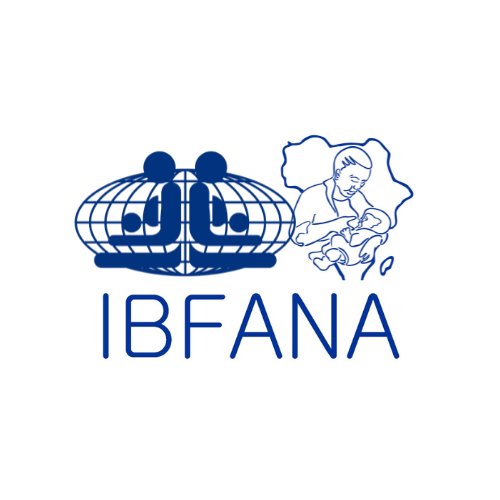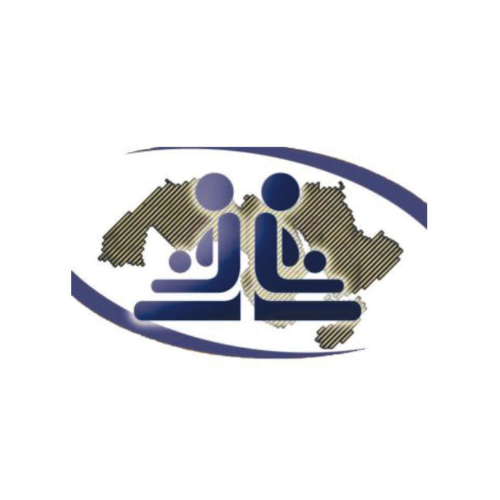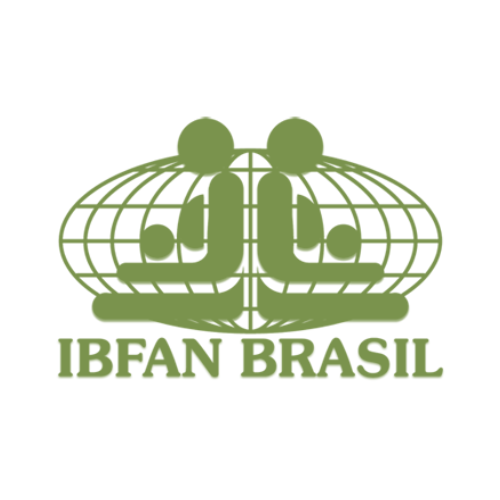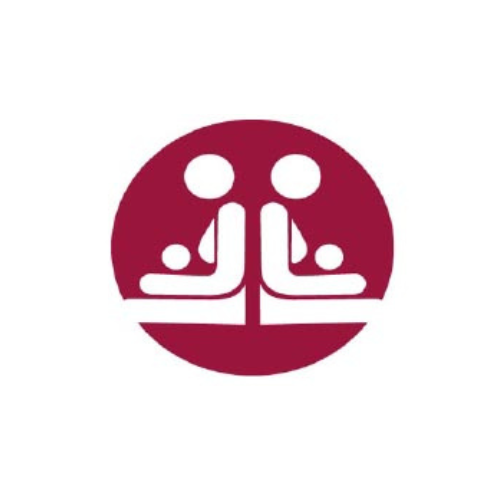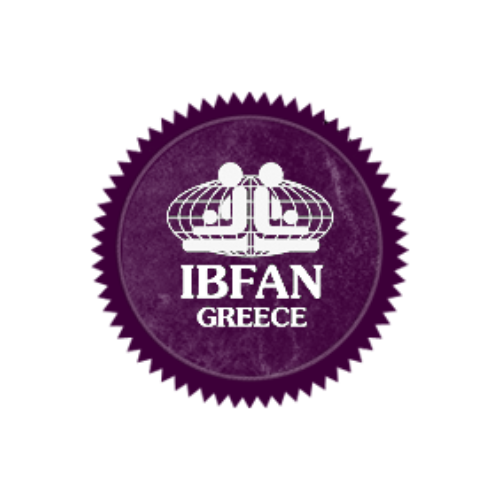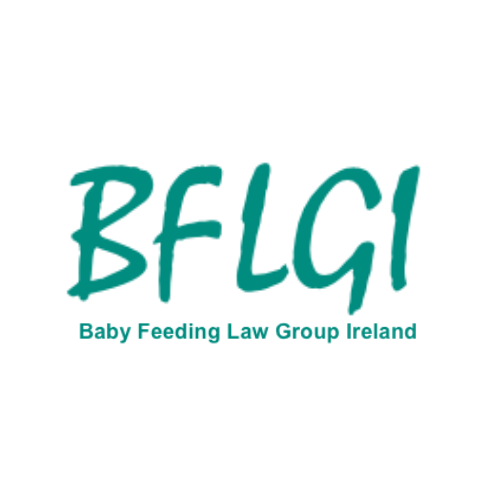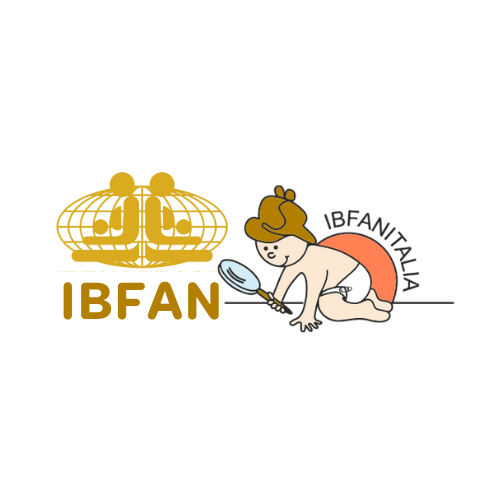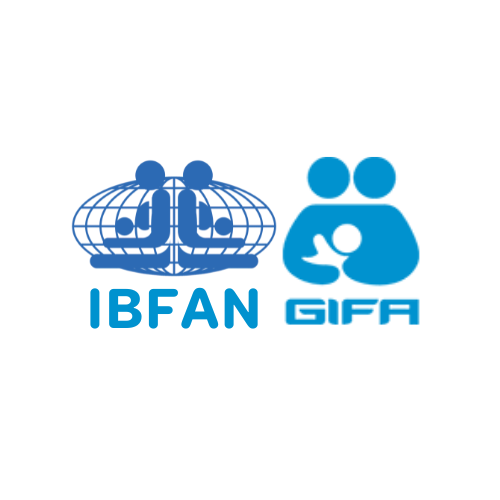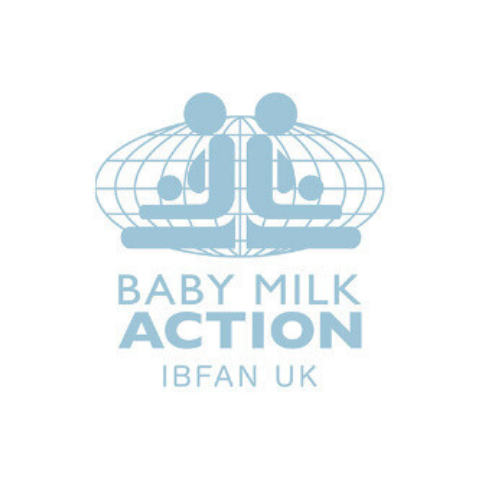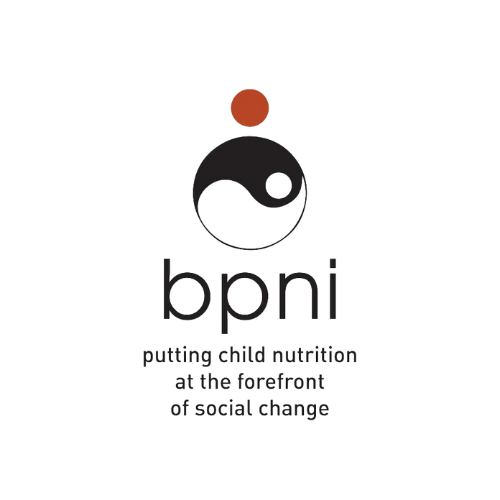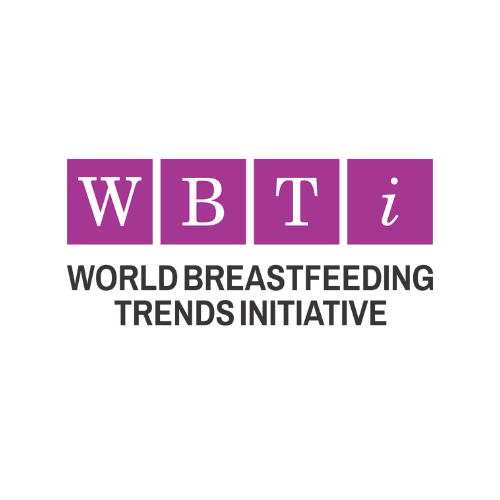Capitalising on Trump’s Make America Healthy Again agenda, the new US company ByHeart has been promoting its infant formulas direct to consumers via global platforms such as Amazon, claiming its products are pure, healthy, “filled with ingredients backed by breast milk science...
Read More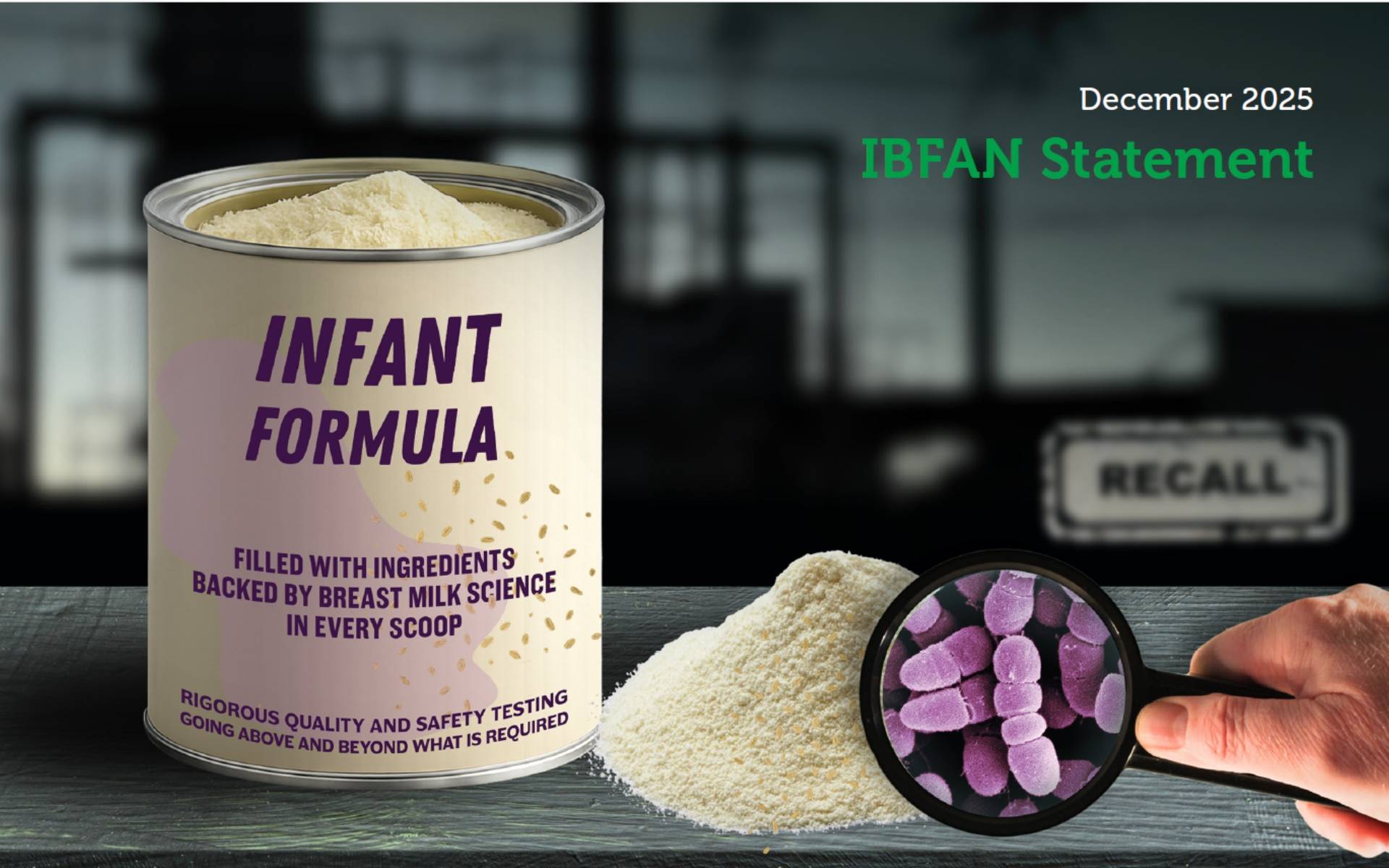



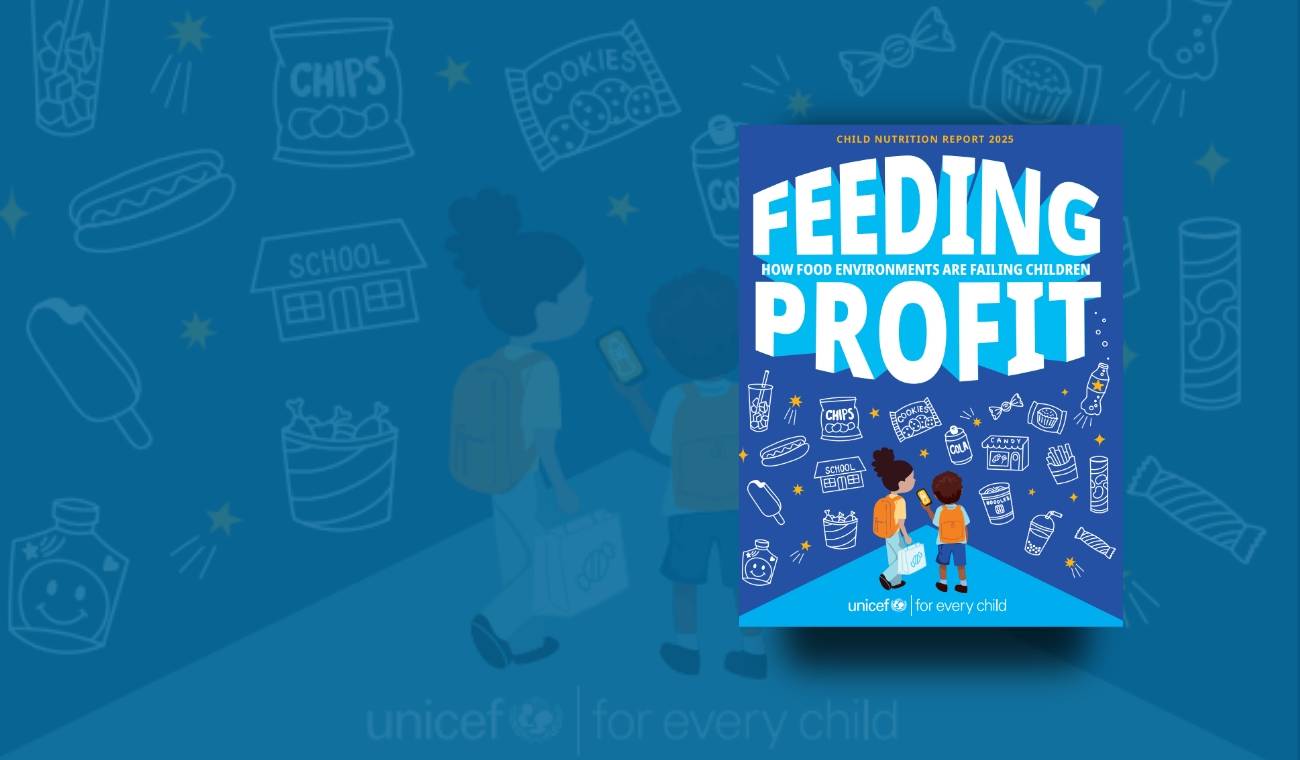
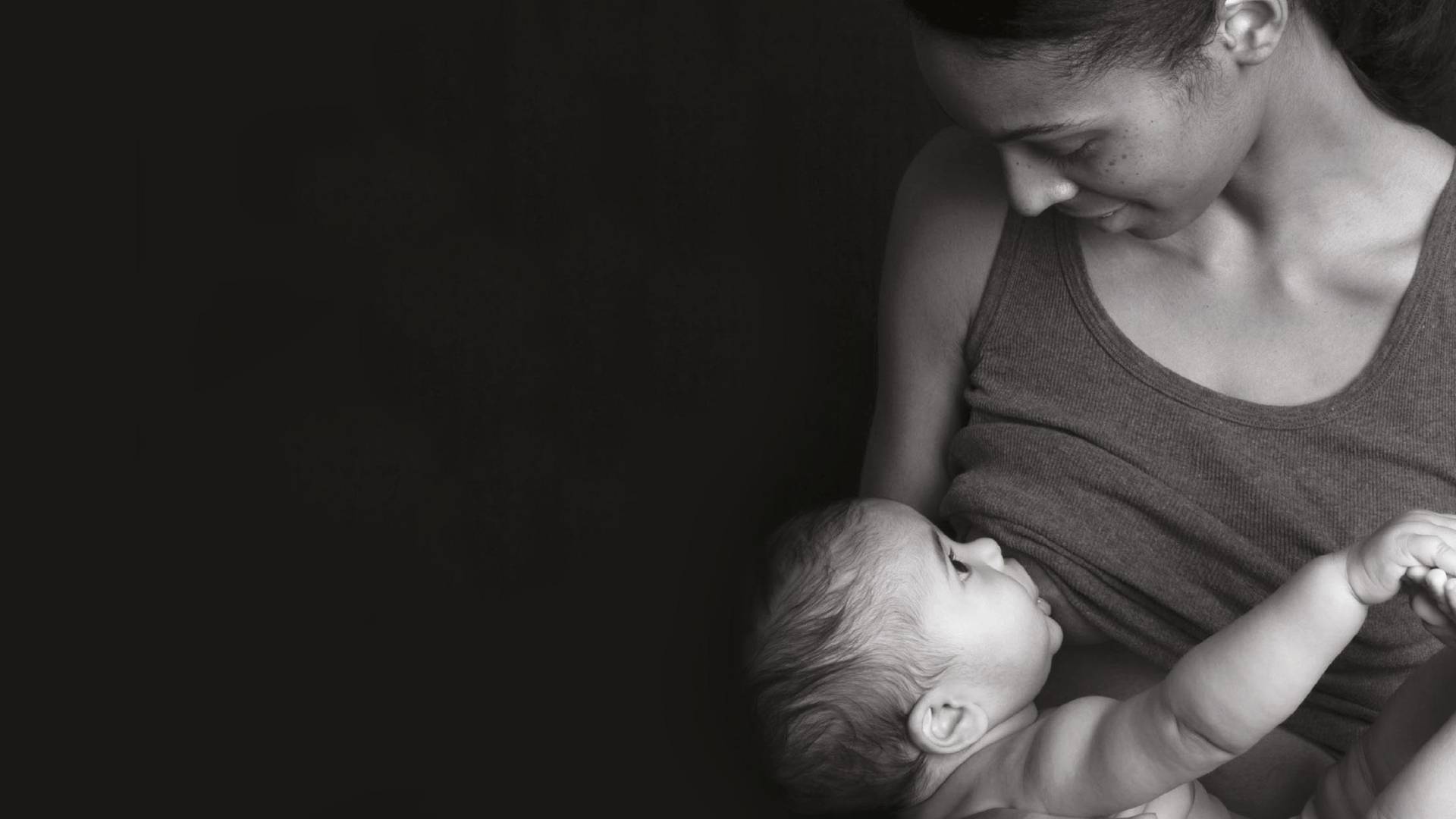
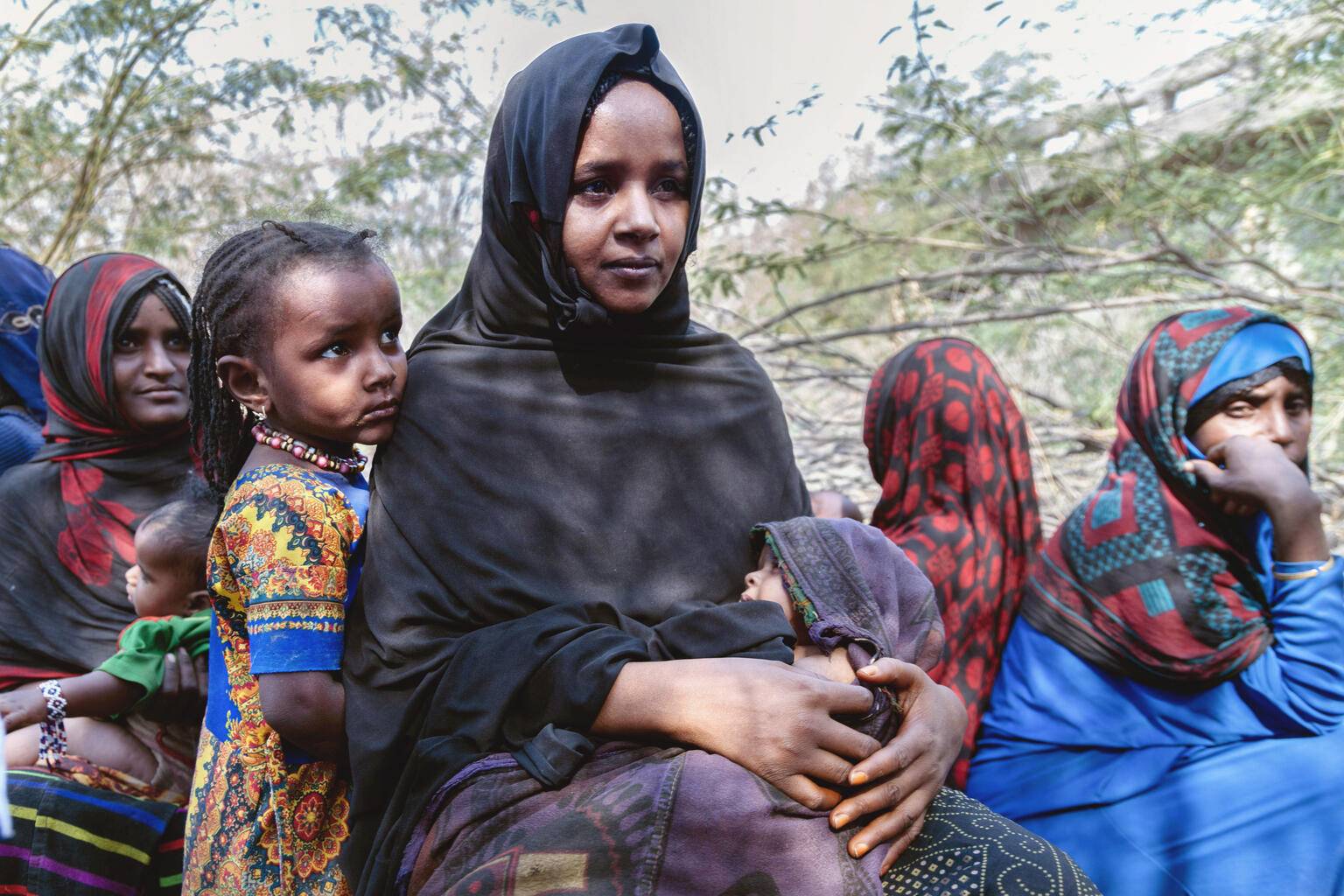

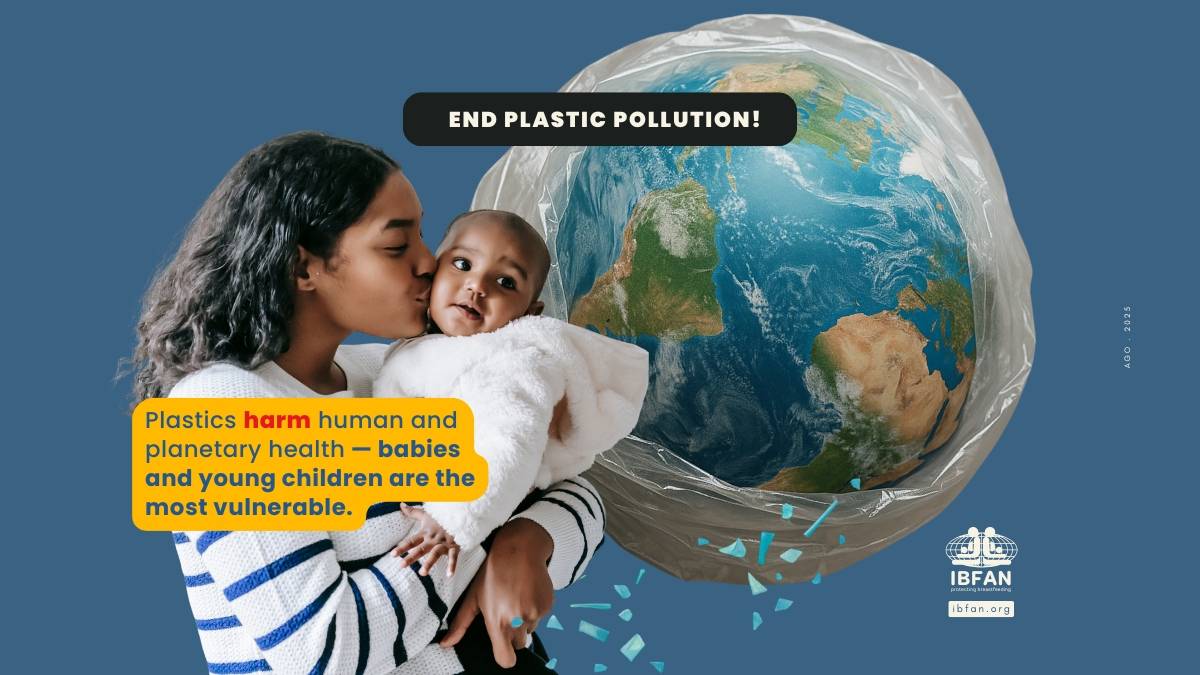


ByHeart & Botulism:
serious food safety failings expose online marketing risks
IBFAN is gravely concerned by the recent outbreak of potentially deadly infant botulism that seems to be linked to Clostridium botulinum contamination of powdered infant formula (PIF) manufactured by the new US-Based company ByHeart.
Protecting independent science at Codex
IBFAN attended the 48th Codex Alimentarius Commission (CAC) in Rome, once more raising the need for greater protection of children and due diligence in the scientific process. For the first time Ultra Processed Foods (UPF) were on the Codex agenda, reflecting the growing concern of the harm to human and planetary caused by these products.
Climate Crisis intensifies water scarcity – Nestlé’s water scandals
Severe and increasing droughts caused by the climate crisis exacerbate water shortages and environmental pollution. As COP 30 opens in Brazil, IBFAN’s Statement ‘Nestlé Water Scandals’ addresses the exploitation of scarce water resources for profit.
Sugar scandal: in Africa, Nestlé is still putting profit ahead of babies’ health
Nestlé’s double standards exposed once more in Africa

Feeding Profit – How food environments are failing children
In 2025, the global prevalence of obesity among school-age children and adolescents exceeded underweight for the first time. This dramatic shift in the face of malnutrition jeopardizes the health and future potential of children, communities and nations.
Six lifesaving messages for Gaza and similar settings
IBFAN urges the UN and everyone in the International Community to act now to end all genocide, weaponisation of food, bombing and the targeting of children and health facilities
High levels of arsenic, cadmium, lead and other toxic elements are still measured in baby milks and cereals
Toxic heavy metals are all around us, in bedrock and in the earth. Inorganic arsenic, lead, cadmium and mercury are among these poisonous chemical elements. They can accumulate in soil and can leach into water…
Plastics harm human and planetary health
Babies and young children are the most vulnerable.
MORE THAN 100,000 SIGNATURES AGAINST NESTLÉ’S DOUBLE STANDARD OVER ADDED SUGAR IN BABY FOOD
105,000 people have signed a petition calling on Nestlé to stop adding sugar to its baby food products marketed in lower-income countries. It was handed over today at the multinational’s headquarters in Vevey, where the NGOs Public Eye, IBFAN and EKO dumped the symbolic equivalent of 10 million sugar cubes, representing the added sugar consumed each day by babies fed with Cerelac cereals
IBFAN AND PUBLIC EYE URGE SWISS GOVERNMENT TO INTERVENE, PETITION LAUNCHED
The release in April of the Public Eye/IBFAN exposé of how Nestlé markets Cerelac and Nido as beneficial for child development, despite containing high levels of added sugar have prompted widespread
The International Baby Food Action Network (IBFAN) is an international coalition aiming to improve maternal and infant and young child health through the protection, support and promotion of breastfeeding and optimal complementary feeding. It was formed by a small group of organisations and activists, concerned about the high mortality of formula fed babies, who came together in 1979 at the end of a WHO/UNICEF joint meeting on infant and young child feeding. The meeting had recommended an international code to regulate the marketing of infant formula, bottles and teats and other products marketed as breastmilk substitutes.
OUR FOCUS AREAS
1
Infants and young children everywhere to have the right to the highest attainable standard of health.
2
Families, and in particular women and children, have the right to access adequate and nutritious food and sufficient and affordable water.
3
Women have the right to breastfeed and to make informed decisions about infant and young child feeding.
4
Women have the right to full support to breastfeed for two years or more and to exclusively breastfeed for the first six months.
5
All people have the right to access quality health care services and information free of commercial influence.
6
Health workers and consumers have the right to be protected from commercial influence that may distort their judgment and decisions.
7
People have the right to advocate for change that protects, promotes, and supports basic health, in international solidarity.
NEWS IBFAN
Sugar scandal: in Africa, Nestlé is still putting profit ahead of babies’ health
More than 50 years since the baby formula scandal, a new investigation focusing on Africa shows that, regarding sugar, a similar malpractice continues. In contrast to India where, after our initial revelations, Nestlé has adapted its product range...
Read MoreWhy Nestlé continues to be a threat to human and planetary health
The baby food issue has rightly earned Nestlé the “baby killer” label. As the market leader, Nestlé’s refusal to abide by the International Code of Marketing of Breast-milk Substitutes and subsequent WHA Resolutions remains a serious threat to infant and young...
Read MoreCOP 30: Climate Crisis intensifies water scarcity – Nestlé’s water scandals
Severe and increasing droughts caused by the climate crisis exacerbate water shortages and environmental pollution. As COP 30 opens in Brazil, IBFAN’s Statement ‘Nestlé Water Scandals’ addresses the exploitation of scarce water resources for profit
Read MoreMATERNITY PROTECTION
State of Maternity Protection in 97 countries
An increasing number of women are entering the job market and they need maternity protection to make a balance between their productive and reproductive roles to take care of themselves, their children and their families.
READ MOREIBFAN Position Paper on Maternity Protection at Work
This paper presents IBFAN’s position on maternity protection at work and the tools for advocacy needed to increase the implementation of measures that enable mothers to participate as equals in the workplace while exercising their reproductive rights to breastfeed.
READ MOREBreastfeeding after returning to work or study
Many women find ways to continue breastfeeding their baby. Employers and course providers have certain obligations towards breastfeeding women to support your return to work or study.
READ MORE100 years of maternity protection
100 years ago, the ILO adopted the first-ever international standard on maternity protection. Since that Convention, the definition of maternity protection has expanded and its importance has become more widely appreciated – including as an essential element in achieving the Sustainable Development Goals of good health, gender equality, decent work and economic growth. But, despite this progress, many mothers and mothers-to-be still face serious challenges in the workplace.
VIDEO ‘100 years of maternity protection’, from the channel International Labour Organization, published on YouTube on 8/11/2019.
The IBFAN network is a global coalition formed by nearly 200 citizen groups in over 100 countries
